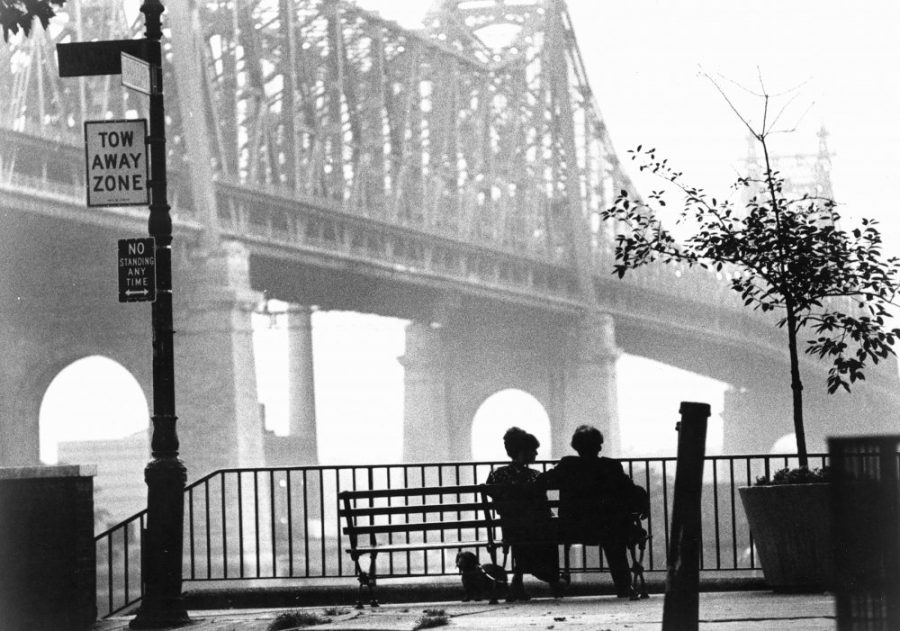Revisiting: “Manhattan”
February 11, 2021
I recently re-watched this film and I realized a couple of things that can only be discovered from perspective.
As detached as I am from the subject and characters, there’s a way I can relate to how they talk, and how hard they create meaning from simple life troubles, in order to evade responsibility for how their actions have direct consequences.
As a writer with customer service experience, you’ll see the adult professionals try not to make excuses for their short fallings, never even apologizing as it supposedly means nothing to the situation. Instead they use indirect, fancy terms to articulate their remorse and their eventual resolve.
Another thing that is done in customer service, is to convince the customer how their product works for them, convincing them to spend their hard-earned money on something they’ve been persuaded is good for them, when that’s more of a tactic, as opposed to the truth.
Adults in this film disguise their loathsome traits in arbitrary forms of meaning as their tolerance for BS has lowered through the years, while their tendency to engage in BS has not. It goes down a lot easier than plainly saying they’re insecure, confused, backstabbing people.
In this case, people are convinced to spend their limited time with people who are very problematic.
The one young character in this film, Tracy, is less experienced and a little more vulnerable. As a character, these are strengths when surrounded by adults who’s delusions and pseudo-intellectualism are a way of life and a means of survival. She sees things in a clearer way which comes from less life experience of suppression and inflated ego.
One example of this is the difference between how the adults handle betrayal and how Tracy handles it. The adults feel stiffed, and need to negotiate a way to maintain the relationship, or a neutral exit strategy.
Tracy tries to understand, and allows herself to feel sorrow and move on. Ultimately she is the most mature character in the film. In a cynical way, it’s sort of an in-joke, referencing Woody Allen’s penchant for younger women.
Being that this film was made during the infamous crime wave of 1970s New York City, the dirt, grime and seediness that was in many parts of New York City, and is depicted in “Taxi Driver”, is not seen here. This film uses black and white and George Gershwin compositions to beautify the city.
The use of montages and the famous Queensborough Bridge shot recaptures the luster of the city. It fits well with the content of the movie because all the crime and decrepit atmosphere still exists, but this vision looks at it from a nostalgic and sympathetic view. This is what film is about, this is what Manhattan is about, this is what life is about—verisimilitude.
The beauty of this film is that it shows what can happen when a fresh perspective is introduced. It helps curb the long standing delusional codes that people live by. It also shows that in absence of that, we make do with the singular life experience we have.
That’s ok, until you enter relationships, particularly interpersonal relationships. This lesson is a fungible one. There’s no need to assign dense meaning to simple human problems if you’re honest enough to face reality.




